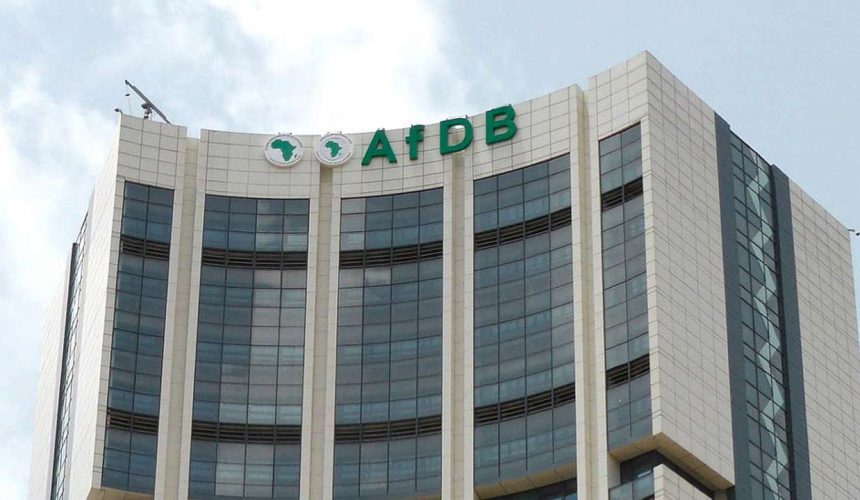By Azeez Disu
In the Telecommunication industry, Etisalat has undoubtedly won the race of promoting creativity and literary excellence in Africa. Its contribution to the literary world can’t be quantified; more African literary works are now gaining international recognitions and awards.
The future of Africa’s Literature seems endless with the existence of Etisalat Prize for Literature which is regarded as the Grammy of literary excellence in the continent. More fiction writers and publishers are emerging with quality works; Africa’s history, heritage and values is being illuminated to the younger generation who are fast losing to westernization; publishing industry is booming and many other magical things are happening to the literary space.
“At Etisalat, we have found the nexus between innovation and creativity. This is why we give people the opportunity to express their individuality and ingenuity so they can be the best in whatever they choose to do”, Matthew Willsher, Chief Executive Officer, Etisalat Nigeria said.
Research shows that patronage of African literature has greatly increased since the start of the contest in 2013, the tremendous increase in the number of published works and readers’ willingness to buy books at bookshop and online have increased profitability of book publishing.
Willsher said the Etisalat Prize for Literature is all about creativity, excellence, empowerment and reward. He added that the award celebrate African diversity through various forms of art and literature.
“We are delighted to champion the cause for celebrating the richness and strength of African literature. Etisalat Prize for Literature is about discovering and bringing to the world stage the many creative talents that Africa boasts of. The Etisalat Prize is about creativity, excellence, empowerment and reward. It is about celebrating our African diversity in very innovative ways through various forms of art, literature being one of them,”
Etisalat’s contribution to the education sector and literary space is applauded by all and sundry. 2014 winner, South African novelist, Songeziwe Mahlangu, stated that the recognition inspired him to work on his second book.
“I was very pleased. I keep on saying that the most important thing about the prize for me is that it has given me the chance to continue writing. I hope that the organisers of the prize will realise how much it means to us writers.” She said.
In addition, accomplished writer and chair of the judging panel for the 2016 Etisalat Prize for Literature, Helon Habila, said the prize has encouraged more publishers in Africa to publish African literature.
“I think the most important impact of the Etisalat Prize for Literature ultimately is going to be for publishing in Africa and that is really strategic of the prize to really focus on encouraging publishers. By the time you buy 1000 copies of each book, that is a huge thing for these publishers; so, you see a lot of competition between publishers to push their books and it encourages them to publish [for] African writers. Our problem before was having to go outside the country to publish. Now you find the local publishers being promoted and being championed,” he said.
Etisalat buys 1,000 copies of winner and nominees’ books and distributes to schools, libraries and book clubs across Africa to promote reading culture and the publishing industry.
Habila added “I think it is the most important time for a writer, that first book; every author needs that encouragement. So, I think it fills a need and it is making people enthusiastic about writing and publishing their first book,”
Beyond Corporate Social Responsibility (CSR), the project has robbed on the brand equity of Etisalat, the literacy stakeholders see the brand as a reliable partner that solely cares about the development of Africa’s creativity works and its people. The result is simple, brand loyalty; etisalat’s customers’ base is on the increase in Africa.
In April 2016, Etisalat Group revenue in 18-countries where it has it footprint rose to Dh12.9 billion during the first quarter, compared with Dh12.7bn a year earlier, with much of the growth coming from the UAE, Egypt and the sub-Saharan African operations of Maroc Telecom.
In Nigeria, Etisalat is a leader in the market, known for its cheap call rate, data and innovative products and services.
The past winners of the Etisalat Prize for Literature include Fiston Mwanza Mujila from The Democratic Republic of Congo (Tram 83; 2015); South African novelist Songeziwe Mahlangu (Penumbra, 2014) and Zimbabwean writer, NoViolet Bulawayo (We Need New Names, 2013).







Comment
No comments found.